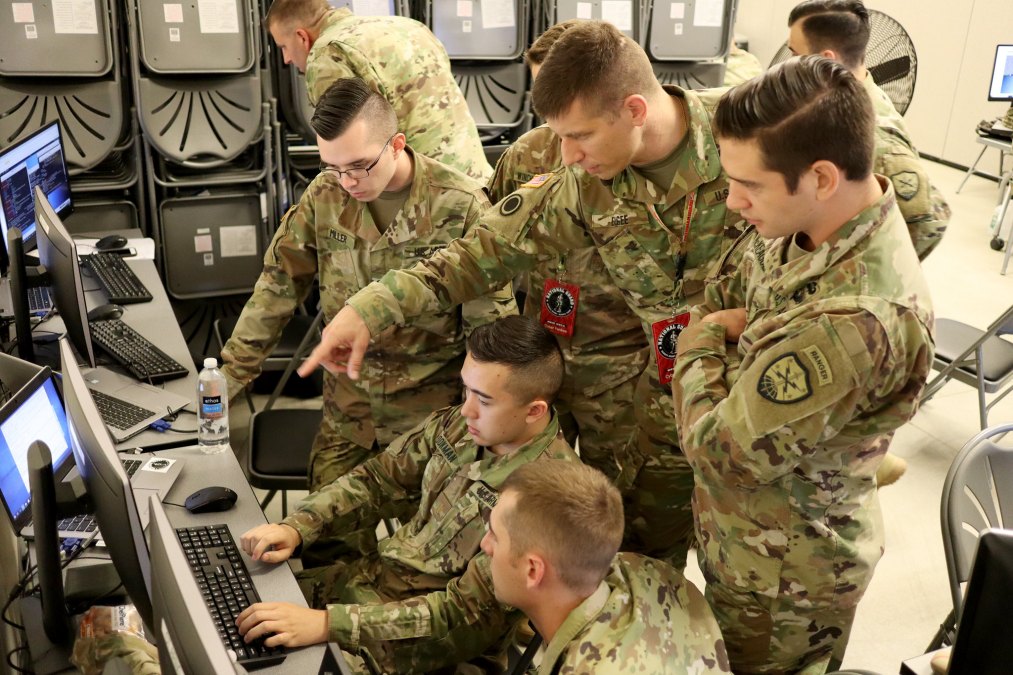Senate bill would let National Guard cross state lines remotely for cyber assistance

A bill introduced Friday in the U.S. Senate would create a pilot program in which National Guard units would be allowed to help respond remotely to cyberattacks that occur outside their home states.
Introduced by Sen. Gary Peters, the ranking Democrat on the Senate Homeland Security and Governmental Affairs Committee, the National Guard Cyber Interoperability Act of 2020 would permit the secretaries of the Army and the Air Force to launch a pilot program in which one state’s National Guard could assist one of its counterparts with cybersecurity training and incident response.
“Cyber-attacks are one of the greatest threats to our national security and the United States is not sufficiently prepared to defend itself in cyberspace or recover from a significant cyber disruption,” Peters said in a press release.
The National Guard bill is one of two cybersecurity-related measures Peters proposed Friday, along with one that directs the federal government and private sector to develop continuity of operations strategies in the event of a cyberattack that disrupts “critical functions of the economy.”
According the the bill, any pilot program would be coordinated between the relevant service branch, the Department of Homeland Security, the National Guard Bureau, the commanders of participating states’ military units and any relevant state officials, such as governors and chief information officers. It goes on to state that any projects could not affect or alter any existing arrangements under the Emergency Management Assistance Compact or any other mutual-aid agreements between states.
The National Guard has in recent years been playing a bigger role in individual states’ cybersecurity efforts, especially in response to ransomware attacks.
“When they first developed cyber, people thought there was no domestic mission for a governor to use a cyber force in a state capacity,” Air Force Gen. Joseph Lengyel, the chief of the National Guard Bureau, said at a Pentagon briefing last year. He also said that Guard units will likely have a bigger role to play this year in defending states’ election systems from malicious actors.
Nationwide, there are at least 59 dedicated National Guard cybersecurity units, comprising nearly 4,000 uniformed personnel, according to the Defense Department. More recently, some states, such as Maryland, have been using their Guards’ cybersecurity teams to defend government websites that are providing critical services during the COVID-19 pandemic, such as unemployment benefits and public-health advisories.






